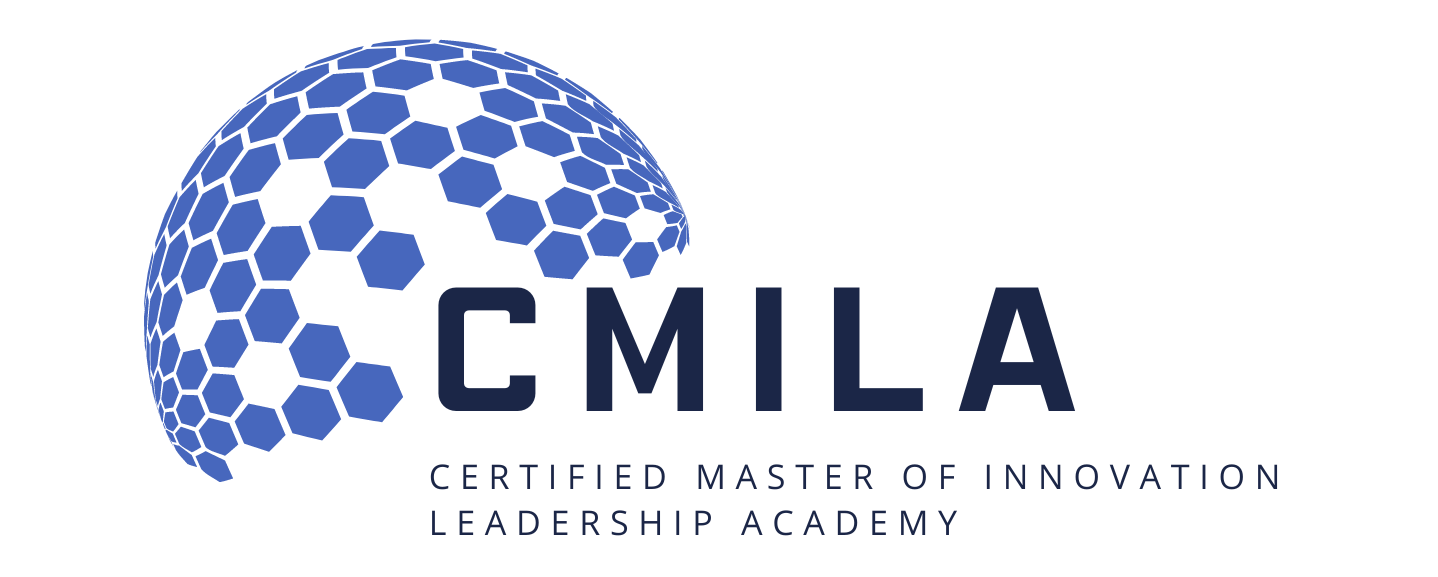Certified Innovation Ecosystem Builder (CIEB)
The Certified Innovation Ecosystem Builder (CIEB) Certification Course by Tonex is a comprehensive program designed to equip participants with the skills and knowledge needed to thrive in the dynamic world of innovation ecosystems. This course delves into the intricacies of fostering innovation, collaboration, and sustainable growth within diverse ecosystems.
Learning Objectives:
- Develop a deep understanding of innovation ecosystems and their components.
- Acquire practical skills for fostering collaboration and partnership within innovation ecosystems.
- Gain insights into strategies for cultivating a culture of innovation and adaptability.
- Learn techniques for identifying and leveraging emerging technologies within ecosystems.
- Master the art of ecosystem leadership and effective communication to drive innovation initiatives.
- Obtain a globally recognized certification attesting to your proficiency as an Innovation Ecosystem Builder.
Audience: This course is tailored for professionals, entrepreneurs, and leaders seeking to enhance their expertise in innovation ecosystem development. It is ideal for innovation managers, business strategists, government officials, and anyone involved in fostering growth and collaboration within dynamic business environments.
Course Outline:
Module 1: Introduction to Innovation Ecosystems
- Defining the Innovation Ecosystem
- Understanding the Ecosystem Components
- Identifying Key Players and Stakeholders
- Analyzing Success Factors
- Examining Global Innovation Ecosystems
- Assessing Industry-Specific Ecosystems
Module 2: Building and Sustaining Ecosystems
- Strategies for Ecosystem Development
- Creating a Sustainable Ecosystem Framework
- Adapting to Market Changes
- Evaluating and Managing Risks
- Developing Metrics for Ecosystem Success
- Case Studies of Successful Ecosystems
Module 3: Collaboration in Ecosystems
- Building Effective Partnerships
- Facilitating Cross-Industry Collaboration
- Enhancing Communication Channels
- Leveraging Open Innovation Models
- Managing Conflicts and Resolving Issues
- Collaborative Decision-Making Processes
Module 4: Technology and Innovation
- Harnessing Technology for Ecosystem Growth
- Integrating Digital Platforms
- Implementing Emerging Technologies
- Cybersecurity in Innovation Ecosystems
- Data Management and Analytics
- Technology Adoption and Adaptation Strategies
Module 5: Entrepreneurship within Ecosystems
- Fostering a Culture of Entrepreneurship
- Identifying and Nurturing Talent
- Creating Incubators and Accelerators
- Securing Funding Opportunities
- Supporting Social Entrepreneurship
- Measuring and Celebrating Entrepreneurial Success
Module 6: Policy and Governance in Ecosystems
- Understanding the Role of Policy in Shaping Ecosystems
- Formulating Effective Innovation Policies
- Implementing Regulatory Frameworks
- Government and Private Sector Collaboration
- Ensuring Ethical Considerations
- Monitoring and Evaluating Policy Impact
Overview of the Certification Process:
- Familiarize yourself with the prerequisites, if any, for taking the exam.
- Review the certification roadmap to understand the different levels of certification offered (e.g., Foundation, Advanced, Expert) and the requirements for each level.
- Identify the benefits of obtaining the certification for your career and professional development.
Details of the Exam:
Format: Multiple-choice, scenario-based, practical exercises
Content Areas: Review the exam blueprint or syllabus to identify the specific topics and knowledge areas covered in the exam. This will help you focus your study efforts on the most relevant content.
Passing Score: Understand the minimum passing score required to achieve certification and aim to exceed this threshold during your preparation.
Study Resources: Identify recommended study resources, such as certification manual, study guides and practice exams, to help you prepare effectively for the exam.
Exam Sample Questions:
- Practice with sample questions to familiarize yourself with the exam format and assess your readiness.
- Analyze each question carefully, paying attention to key details and any clues provided in the question stem or answer choices.
- Practice time management by setting aside dedicated study sessions to complete sample questions within the allotted time frame.
- Review your answers and explanations for correct and incorrect responses to identify areas for improvement and further study.
